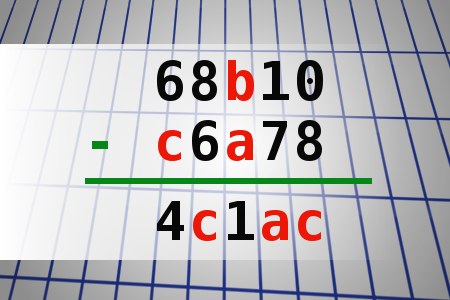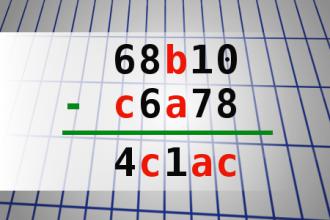Find number abc
If 68b10 - c6a78 = 4c1ac find number abc. Multiple solutions may exist.Correct answers: 27
The first user who solved this task is Nasrin 24 T.
#brainteasers #math

Three old men were sitting aro...
Three old men were sitting around talking about who had the worst health problems. The seventy-year-old said, "Have I got a problem. Every morning I get up at 7:30 and have to take a piss, but I have to stand at the toilet for an hour 'cause my pee barely trickles out."
"Heck, that's nothing, " said the eighty year old. "Every morning at 8:30 I have to take a shit, but I have to sit on the can for hours because of my constipation. It's terrible".
The ninety-year-old said, "You guys think you have problems! Every morning at 7:30 I piss like a racehorse, and at 8:30 I shit like a pig. The trouble with me is, I don't wake up till eleven."
"Heck, that's nothing, " said the eighty year old. "Every morning at 8:30 I have to take a shit, but I have to sit on the can for hours because of my constipation. It's terrible".
The ninety-year-old said, "You guys think you have problems! Every morning at 7:30 I piss like a racehorse, and at 8:30 I shit like a pig. The trouble with me is, I don't wake up till eleven."

